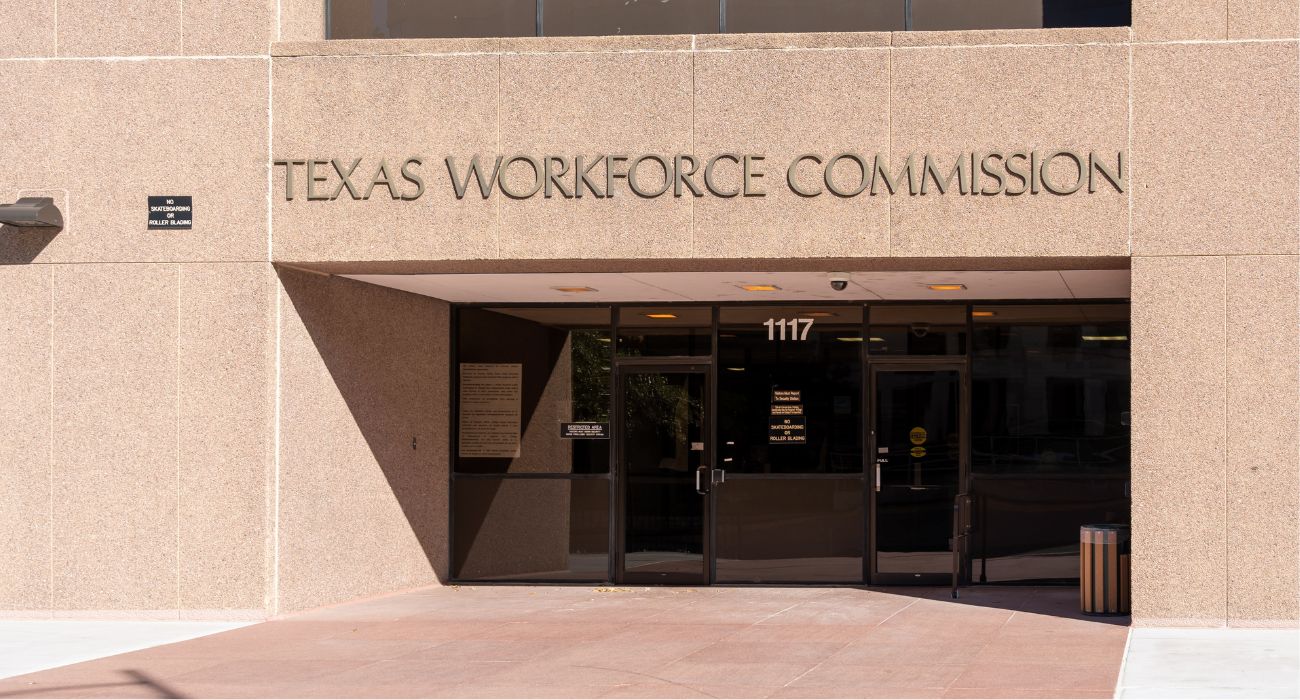The Texas Workforce Commission is rejecting allegations of sweeping wage theft and lack of enforcement made in a recent national study.
The Rutgers School of Management and Labor Relations, along with the Workplace Justice Lab and the Workers Defense Project, released a study this month claiming that “thousands of Texans are illegally paid below the minimum wage each year.”
The study looked specifically at data from 2009 to 2022 to calculate the alleged minimum wage violations. It also examined 136,420 Payday Law violation claims from 2009 to 2020.
A total of more than $12 billion was not paid to Texas workers from 2009 to 2022, the study alleges. The top jobs affected included household maids, private childcare workers, food service industry employees, hairdressers, and agricultural employees.
The study noted that “the industries with the highest estimated violation rates tend to employ many women, people of color, and immigrant workers, while industries with lower violation rates often employ more men and/or historically have been more unionized.”
Furthermore, the researchers claimed that non-U.S. citizens were 68% more likely to experience minimum wage violations than American citizens.
As reported by The Dallas Express, the unlawful migration crisis at the southern border has led to an environment ripe for criminal activities and potential labor abuse. Efforts by Texas to mitigate these issues have been met with lawsuits from the federal government, which uses taxpayer money to subsidize caravans of unlawful migrants.
However, the Texas Workforce Commission (TWC) has rejected the study’s claims, suggesting that it is unable to verify or confirm the numbers due to the nature of the process and not knowing the methodology used by Rutgers.
“These numbers are fluid as TWC continues to collect unpaid wages,” the commission explained, per The Dallas Morning News.
Furthermore, the TWC denies that any advance warnings were provided to noncompliant companies, as was alleged in the report published by Rutgers.
“The agency has no record of only issuing a warning without ordering wages due by an employer found in violation, if wages were, in fact, due,” the agency said.
Lastly, the TWC added, “If an individual believes they are owed wages, TWC urges them to contact the agency and report the wage claim.”






